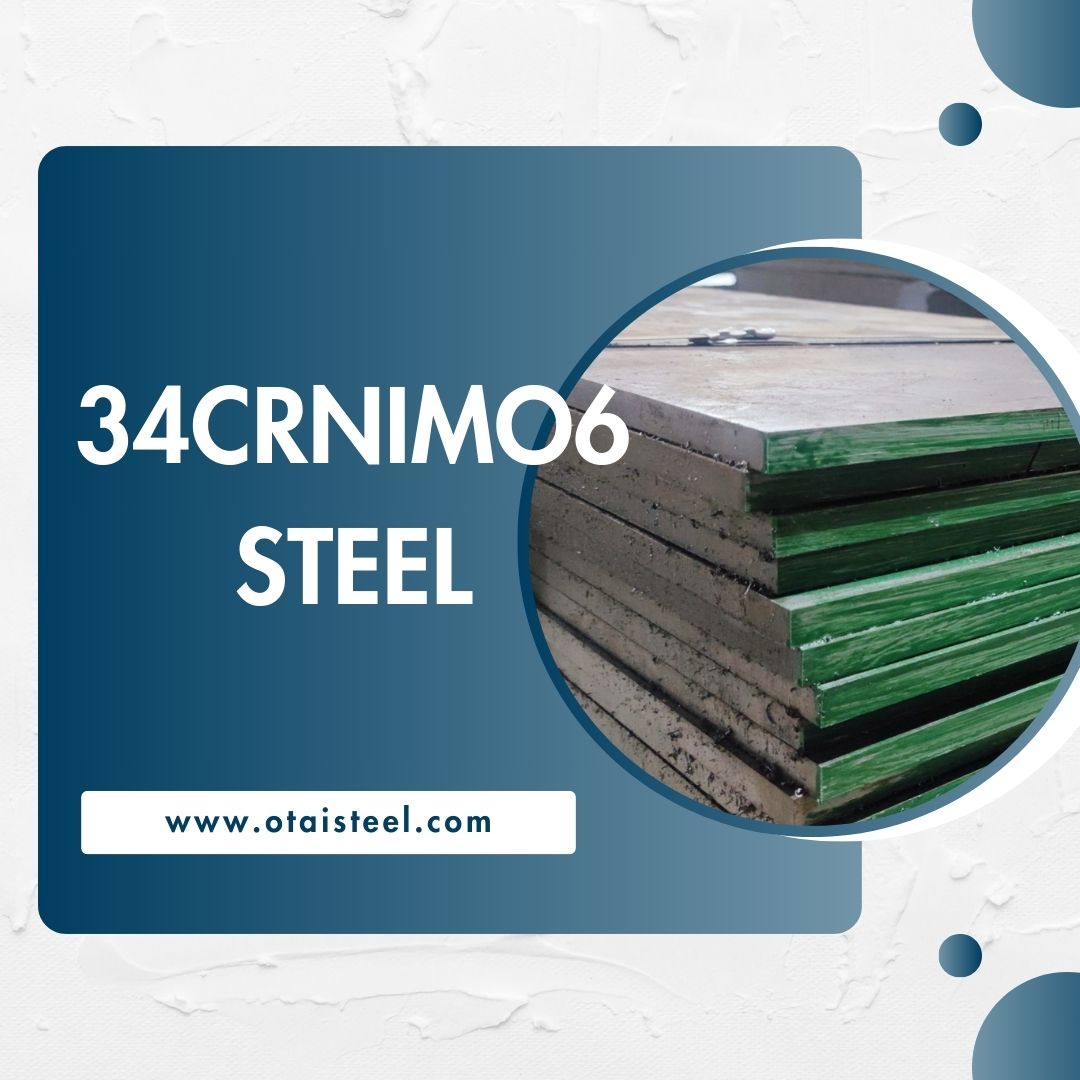 Corrosion resistance is a crucial property in materials used across various industries. Among these materials, 34CrNiMo6, a low-alloy steel, stands out for its impressive corrosion-resistant characteristics. In this comprehensive guide, we will delve into the world of 34CrNiMo6 corrosion resistance, exploring its composition, properties, applications, and more.
Corrosion resistance is a crucial property in materials used across various industries. Among these materials, 34CrNiMo6, a low-alloy steel, stands out for its impressive corrosion-resistant characteristics. In this comprehensive guide, we will delve into the world of 34CrNiMo6 corrosion resistance, exploring its composition, properties, applications, and more.
Composition and Properties
34CrNiMo6 is a steel alloy known for its remarkable corrosion resistance. Its chemical composition includes 34% carbon (C), 1% chromium (Cr), 1% nickel (Ni), 0.4% molybdenum (Mo), and a balance of iron (Fe). This unique combination of elements imparts distinct characteristics to the steel, making it highly suitable for applications where corrosion is a concern.
Corrosion Resistance: The standout feature of 34CrNiMo6 is its ability to withstand corrosion, making it an ideal choice for components and structures in environments prone to rust and degradation.
Tensile Strength: It also possesses a high tensile strength, ensuring the durability of structures in addition to corrosion resistance.
Hardness: The hardness of 34CrNiMo6 can be adjusted through heat treatment, making it adaptable to a range of applications.
Applications
Now, let’s explore the diverse applications of 34CrNiMo6 corrosion-resistant steel in different industries:
1. Marine Industry
In the marine sector, where exposure to saltwater and harsh weather conditions is constant, 34CrNiMo6’s corrosion resistance makes it a preferred choice for ship components, offshore structures, and marine equipment.
2. Chemical Industry
In chemical processing, where exposure to corrosive substances is a daily occurrence, this steel is used to construct pipelines, tanks, and other equipment.
3. Coastal Infrastructure
For structures near coastal areas, such as bridges and piers, 34CrNiMo6’s ability to withstand salt-laden air and moisture is invaluable.
4. Food Processing
In the food and beverage industry, where hygiene is a top priority, 34CrNiMo6 is used to make equipment and machinery due to its corrosion-resistant properties.
5. Renewable Energy
In wind and solar energy sectors, 34CrNiMo6 is employed in the construction of renewable energy equipment and structures due to its longevity and resistance to outdoor elements.
Machinability
Another noteworthy aspect of 34CrNiMo6 is its excellent machinability. It can be efficiently machined into various shapes, making it an excellent choice for manufacturing intricate components. This characteristic simplifies the fabrication process, reducing production costs.
Heat Treatment
Heat treatment plays a vital role in optimizing the properties of 34CrNiMo6. Through processes like quenching and tempering, the steel’s hardness and toughness can be adjusted to meet specific requirements, allowing for customization in various applications.
Environmental Considerations
While 34CrNiMo6 offers numerous benefits, it’s essential to consider its environmental impact. The mining and processing of raw materials to produce steel can have ecological consequences. As such, sustainable practices in production and recycling are gaining importance in the steel industry.
34CrNiMo6’s exceptional corrosion resistance makes it a valuable material across industries where exposure to harsh environments is a concern. Its unique composition, in combination with high tensile strength, hardness adjustability, and excellent machinability, makes it an ideal choice for structures and components requiring longevity and resistance to corrosion.
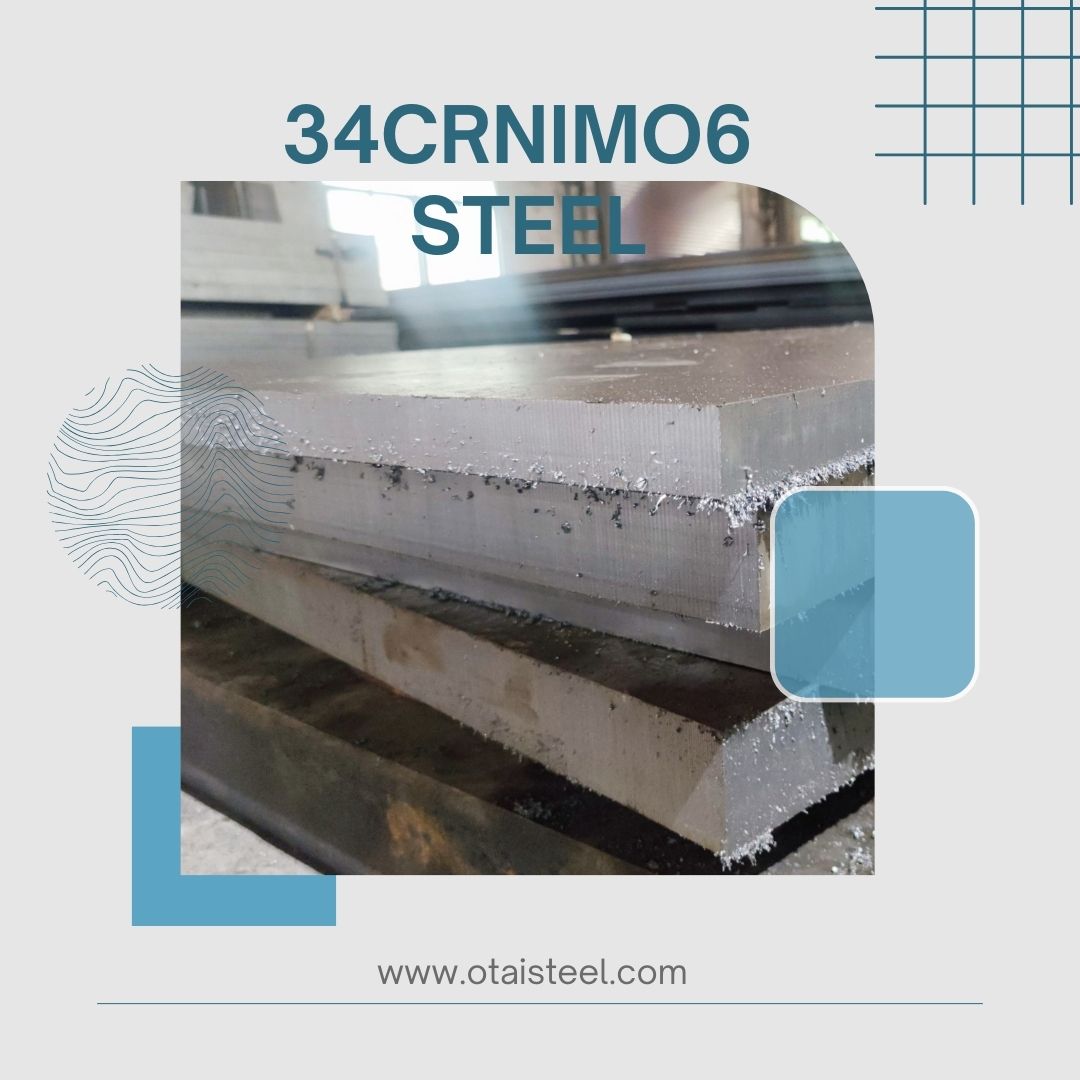 In the world of metallurgy, 34CrNiMo6 Bar stands out as a remarkable steel alloy. This versatile material finds applications in various industries due to its impressive properties. In this comprehensive guide, we will delve into the world of 34CrNiMo6 Bar, exploring its composition, properties, applications, and much more.
In the world of metallurgy, 34CrNiMo6 Bar stands out as a remarkable steel alloy. This versatile material finds applications in various industries due to its impressive properties. In this comprehensive guide, we will delve into the world of 34CrNiMo6 Bar, exploring its composition, properties, applications, and much more.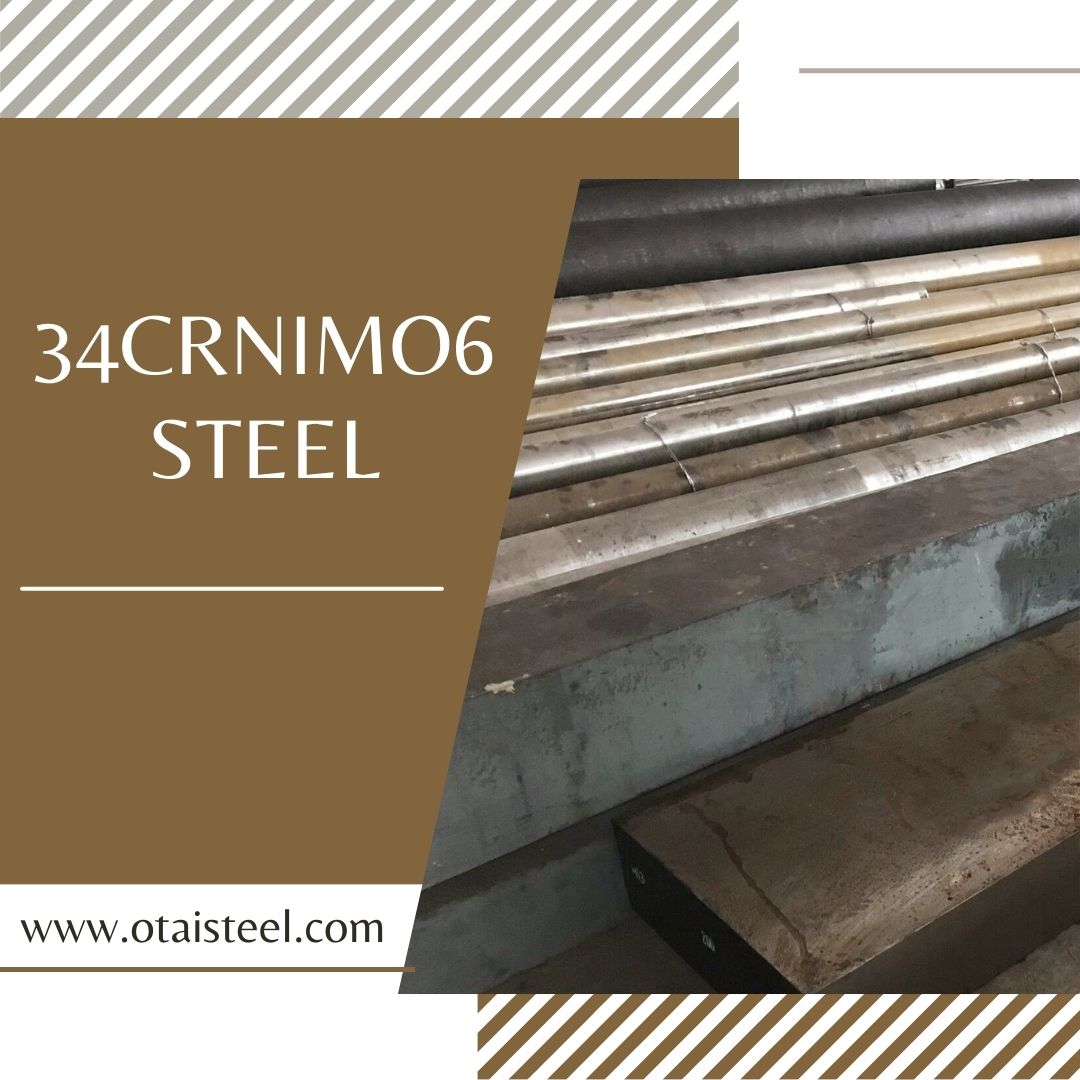 34CrNiMo6 AISI is a low-alloy steel. Its chemical composition consists of 34% carbon (C), 1% chromium (Cr), 1% nickel (Ni), 0.4% molybdenum (Mo), and a balance of iron (Fe). This composition imparts unique characteristics to the steel, making it suitable for a wide range of applications.
34CrNiMo6 AISI is a low-alloy steel. Its chemical composition consists of 34% carbon (C), 1% chromium (Cr), 1% nickel (Ni), 0.4% molybdenum (Mo), and a balance of iron (Fe). This composition imparts unique characteristics to the steel, making it suitable for a wide range of applications.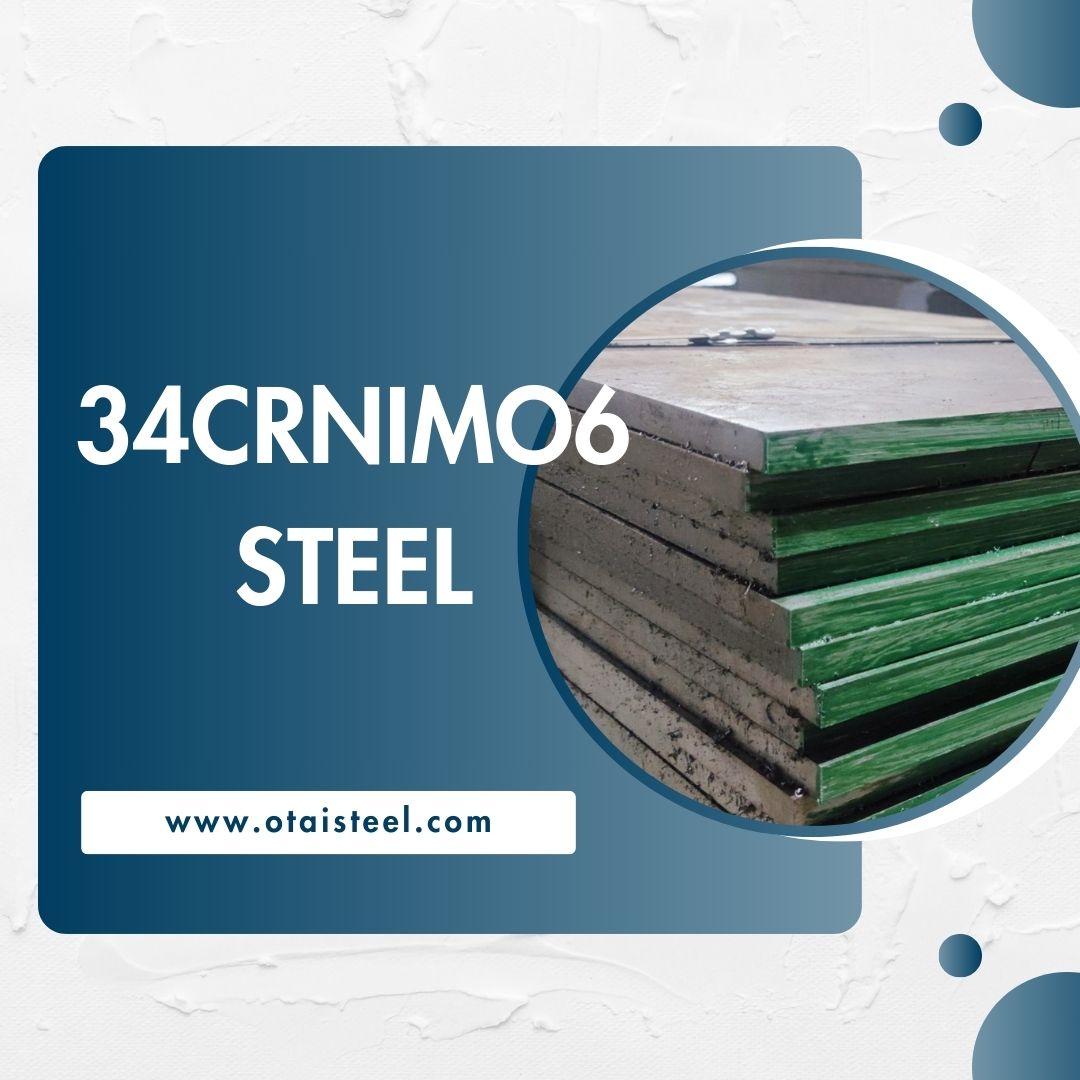 34CrNiMo6, a high-strength alloy steel, has garnered attention for its exceptional properties in various industrial applications. But for those seeking to match its properties with ASTM standards, understanding the equivalency is critical.
34CrNiMo6, a high-strength alloy steel, has garnered attention for its exceptional properties in various industrial applications. But for those seeking to match its properties with ASTM standards, understanding the equivalency is critical.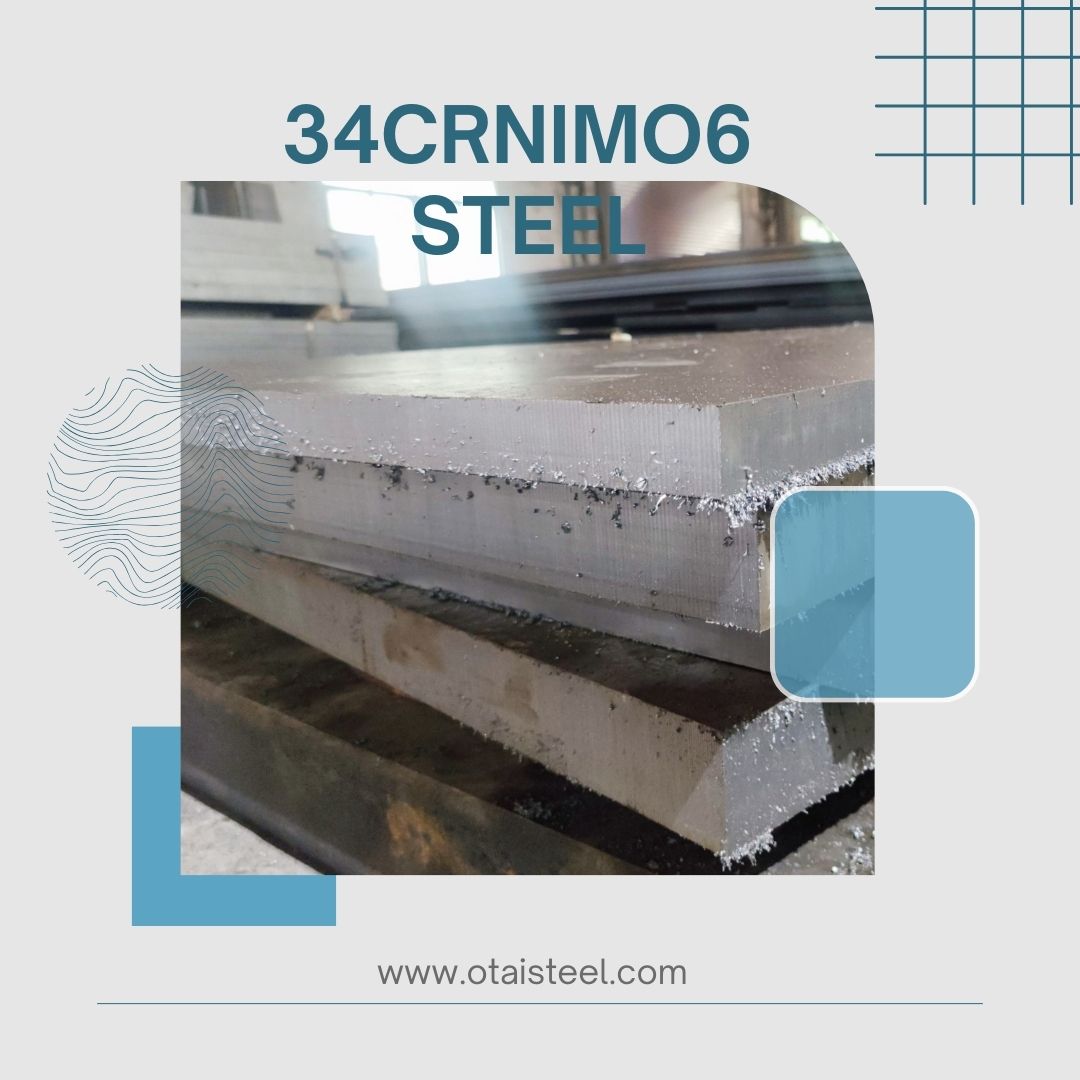 34CrNiMo6 is a high-strength steel alloy renowned for its exceptional properties, making it a preferred choice in various industries. In this article, we will explore the wide range of applications that benefit from the unique characteristics of 34CrNiMo6, highlighting its importance in modern engineering and manufacturing. (34crnimo6 application)
34CrNiMo6 is a high-strength steel alloy renowned for its exceptional properties, making it a preferred choice in various industries. In this article, we will explore the wide range of applications that benefit from the unique characteristics of 34CrNiMo6, highlighting its importance in modern engineering and manufacturing. (34crnimo6 application)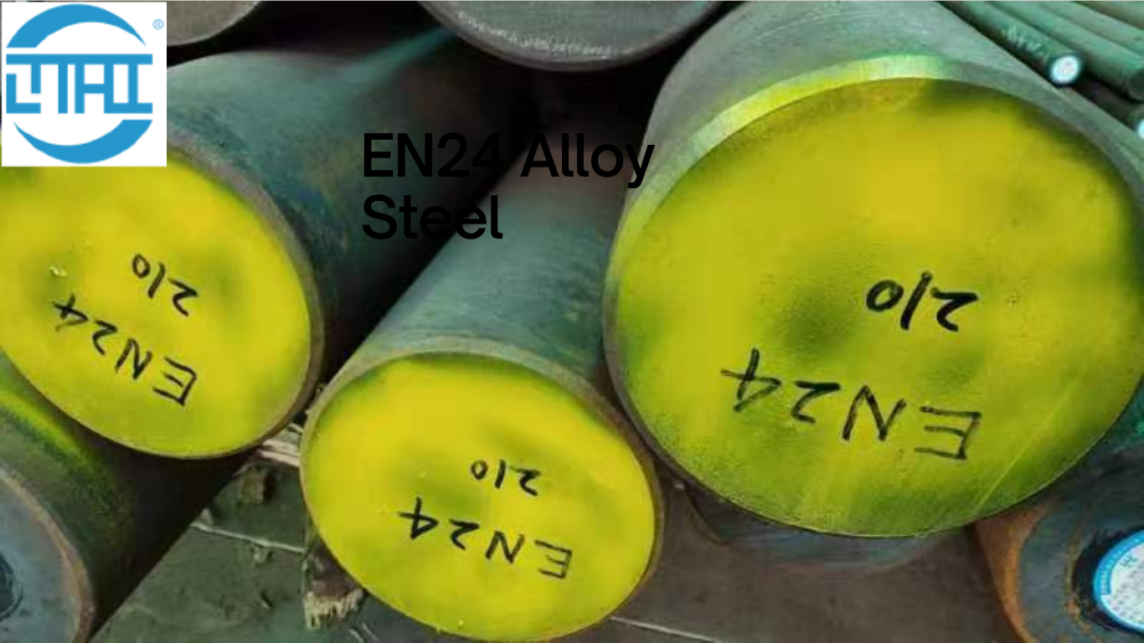
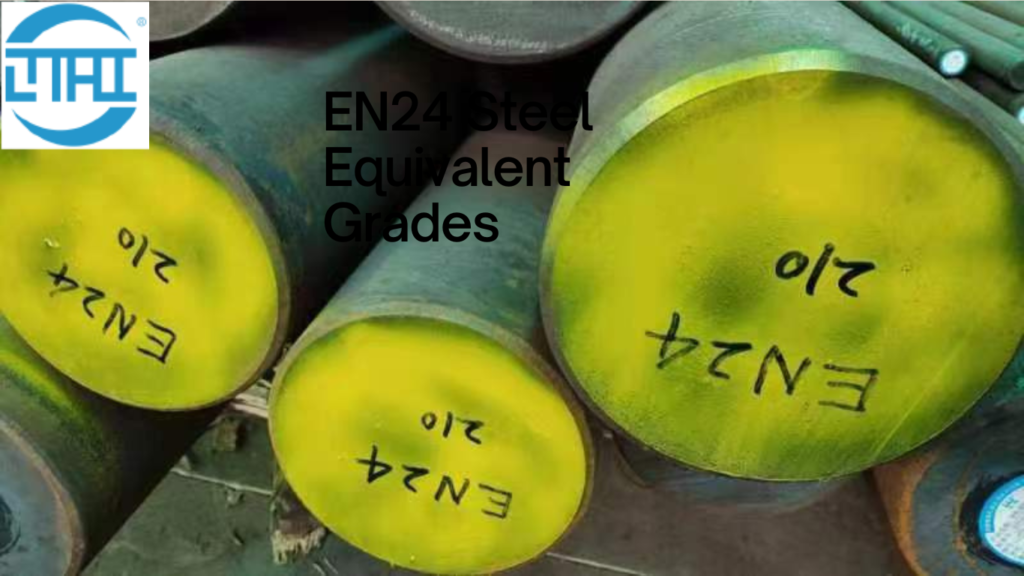 Unveiling the Enigma: EN24 Steel
Unveiling the Enigma: EN24 Steel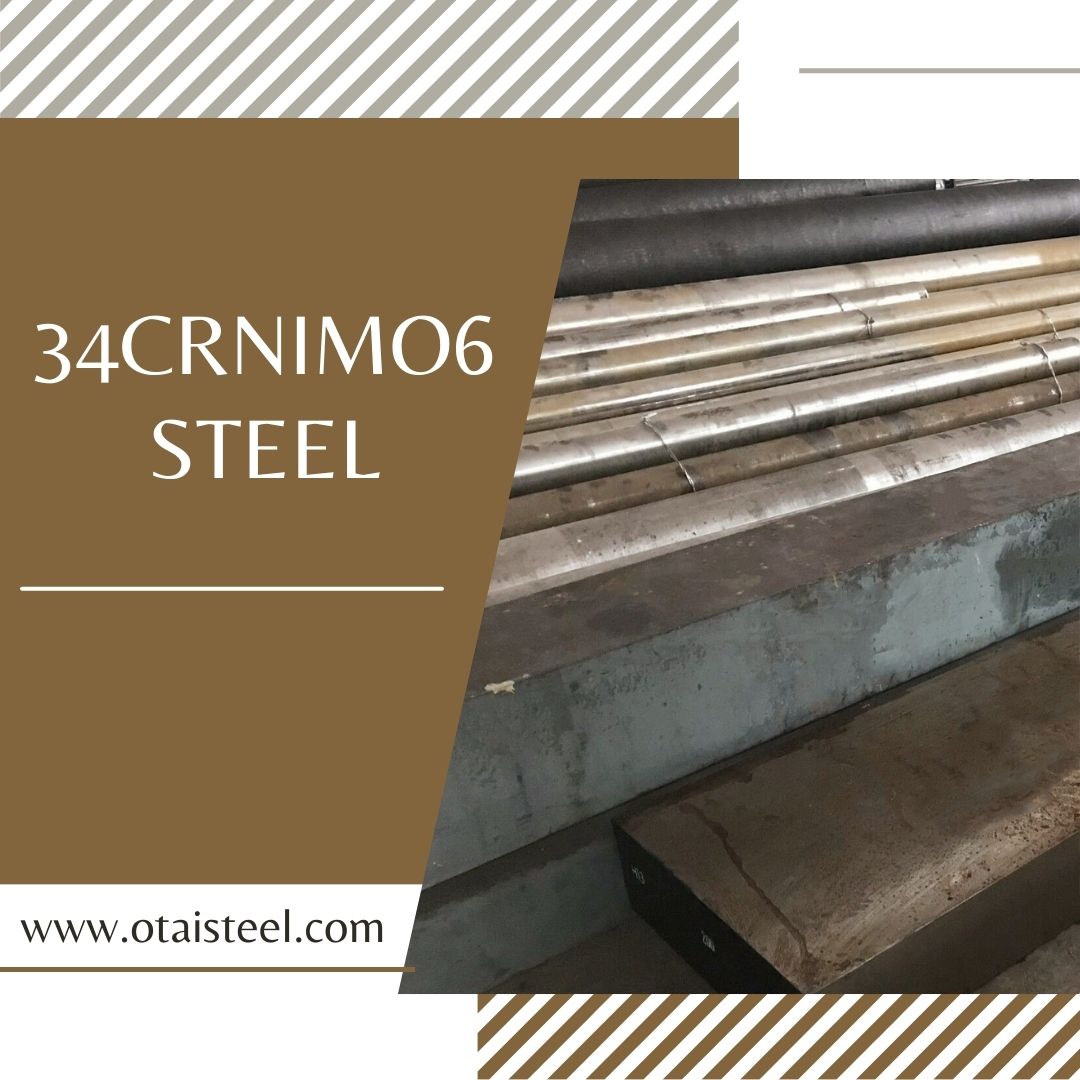 34CrNiMo6 is a high-strength, low-alloy steel known for its excellent mechanical properties. It contains a blend of elements that give it remarkable toughness, strength, and wear resistance.
34CrNiMo6 is a high-strength, low-alloy steel known for its excellent mechanical properties. It contains a blend of elements that give it remarkable toughness, strength, and wear resistance.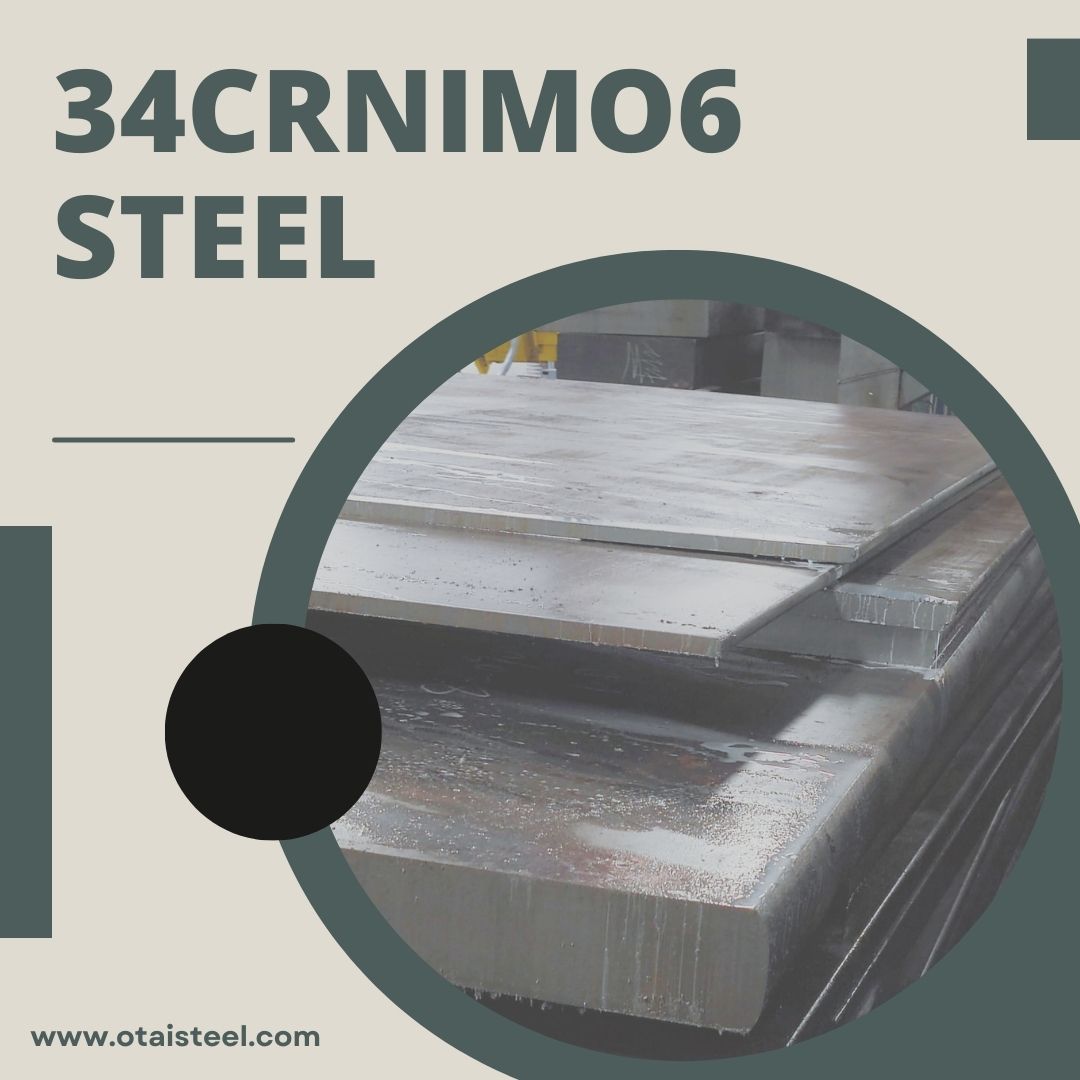 Before delving into its AISI equivalent, let’s briefly understand what 34CrNiMo6 is. 34CrNiMo6 is a high-quality, low-alloy steel known for its exceptional mechanical properties, including high tensile strength, toughness, and good hardenability. It is widely used in industries such as automotive, aerospace, and machinery manufacturing.
Before delving into its AISI equivalent, let’s briefly understand what 34CrNiMo6 is. 34CrNiMo6 is a high-quality, low-alloy steel known for its exceptional mechanical properties, including high tensile strength, toughness, and good hardenability. It is widely used in industries such as automotive, aerospace, and machinery manufacturing.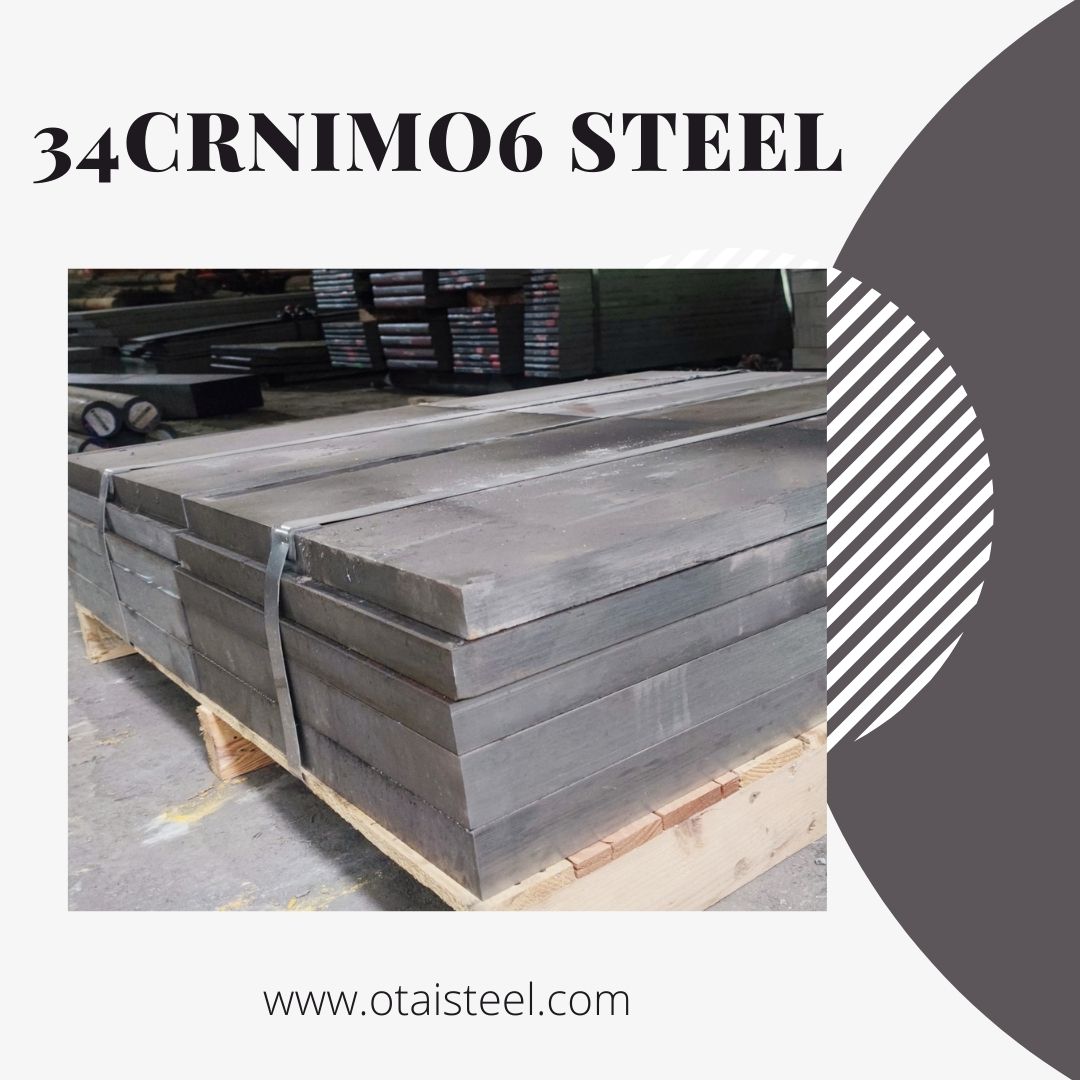 34CrNiMo6 steel is a material that plays a pivotal role in various industries due to its exceptional properties. In this article, we will explore the key features and characteristics of 34CrNiMo6, shedding light on its significance in the world of engineering and manufacturing.
34CrNiMo6 steel is a material that plays a pivotal role in various industries due to its exceptional properties. In this article, we will explore the key features and characteristics of 34CrNiMo6, shedding light on its significance in the world of engineering and manufacturing.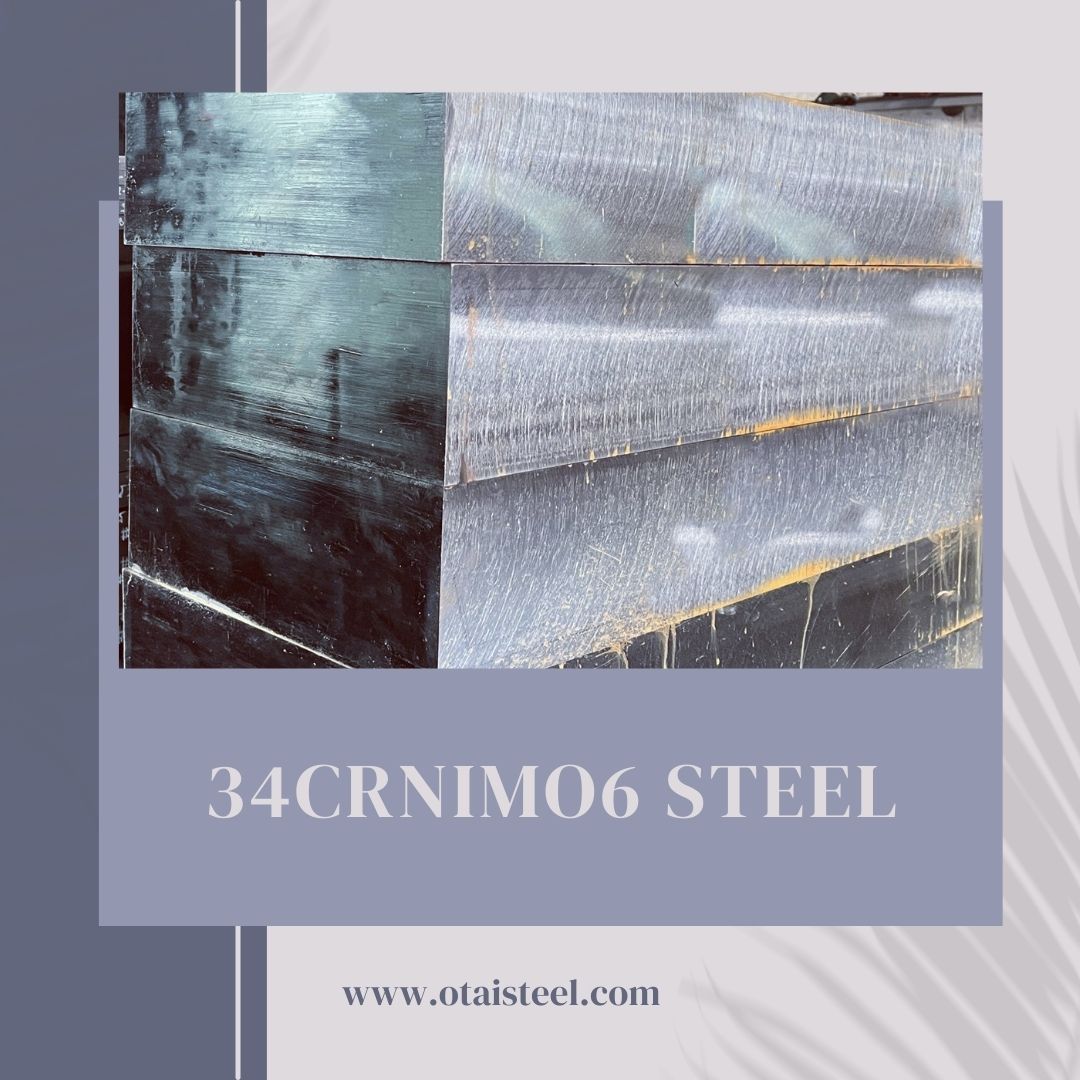 Before we delve into the equivalent materials, let’s understand what 34CrNiMo6 is. 34CrNiMo6 is a high-grade, low-alloy steel that offers exceptional strength, toughness, and hardenability. It is commonly used in industries such as automotive, aerospace, and machinery manufacturing. (34crnimo6 material equivalent)
Before we delve into the equivalent materials, let’s understand what 34CrNiMo6 is. 34CrNiMo6 is a high-grade, low-alloy steel that offers exceptional strength, toughness, and hardenability. It is commonly used in industries such as automotive, aerospace, and machinery manufacturing. (34crnimo6 material equivalent)